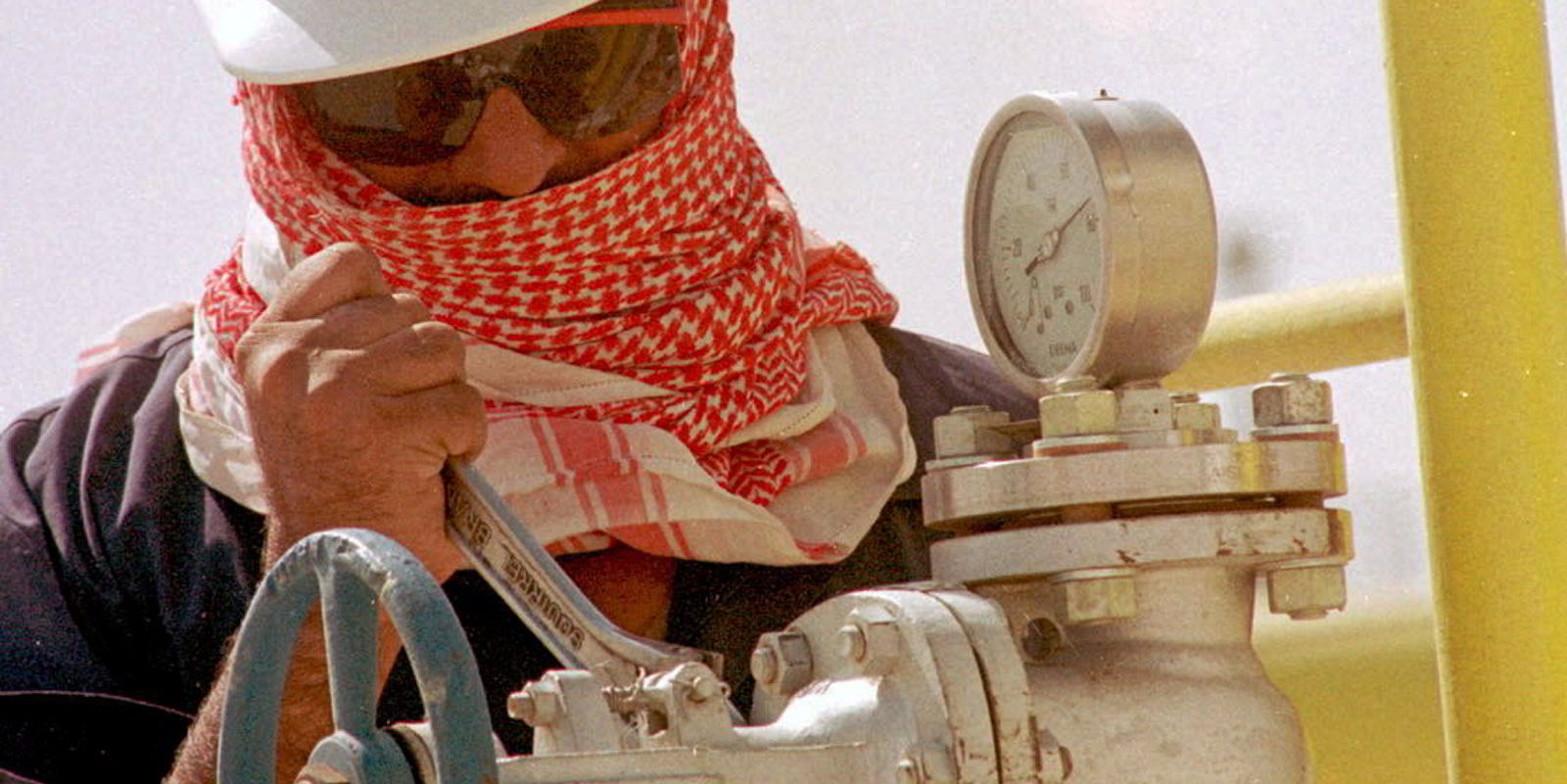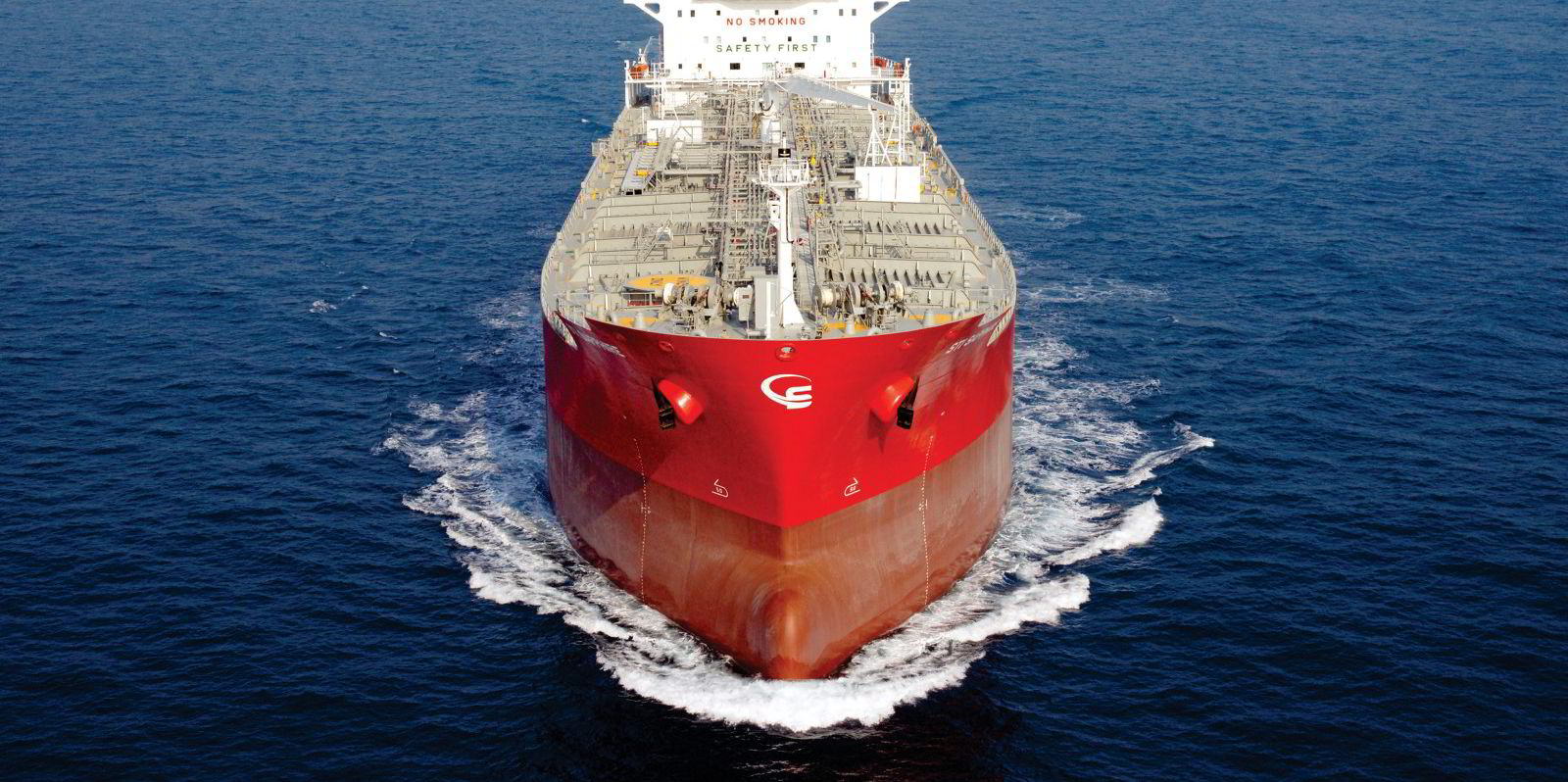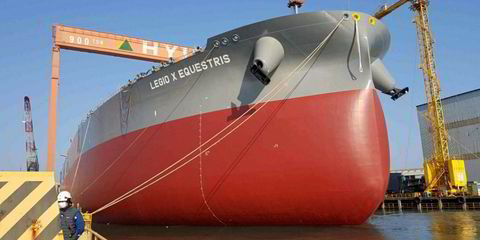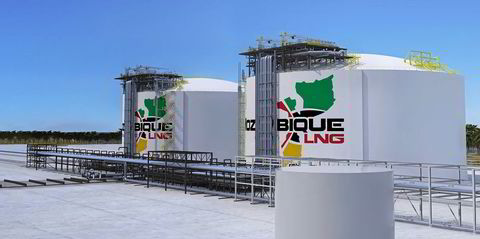Commercial operations have started at a new Kuwait refinery that should bolster an already strong product tanker market.
UK shipbroker Simpson Spence Young said the Al-Zour plant run by Kuwait Integrated Petroleum Industries Co began with a capacity of roughly 205,000 barrels per day (bpd) of processing capacity earlier this month.
Once fully operational, Al-Zour is set to be able to process 615,000 bpd of light Kuwaiti crude, or around 535,000 bpd of heavier grades, lifting Kuwait’s total refinery capacity to around 1.42m bpd, according to Argus.
Commissioning of the refinery was initially slated for mid-2019, with full capacity targeted by 2020.
But delays mean it will only reach its full potential in 2023.
Recent estimates from consultancy Kpler have suggested that around 186,000 bpd of diesel, 106,000 bpd of jet fuel and 36,000 bpd of naphtha will be produced at that point.
“This additional refinery capacity comes at a critical time with respect to global oil product supply tightness, with inventories having been drawn down heavily,” SSY said.
This is due to recovering consumption after the pandemic, other refinery closures and conversions, and unsupportive futures price structures that have limited the incentives to rebuild stocks, the London shop argued.
“In particular there has been a drastic tightness of middle distillate products within the Atlantic Basin, and this has already triggered an elevated level of westbound shipments from the east of Suez market,” SSY added.
“Looking ahead, this shortage of oil products is anticipated to be exacerbated by the upcoming embargo on Russian oil product supplies that is set to come into effect from February 2023,” the broker said.
First cargoes lined up
The first cargoes from Al-Zour are currently set to be exported in mid-November, according to Reuters.
A 40,000-dwt naphtha stem will be heading to Asia and a 40,000-dwt to 50,000-dwt jet fuel shipment has been sold into Italy.
And the refinery is offering 100,000 tonnes of low-sulphur fuel oil for loading between 28 and 29 November.
“These volumes should gradually ramp up over the coming months as further phases of the development are brought online, and this should provide additional support to the clean tanker market,” SSY said.
With European Union and G7 nations no longer importing Russian volumes, there is the opportunity for exporters such as Kuwait to fill this gap, supporting tonne-mile demand, the broker added.
Aside from Al-Zour, Kuwait has already been establishing itself as a key oil product exporter following the completion of the country’s Clean Fuel Project in 2020.
This involved the combined upgrade and integration of the Mina Abdulla and Mina Al Ahmadi refineries, lifting the combined capacity of these facilities from 736,000 bpd to 800,000 bpd.





